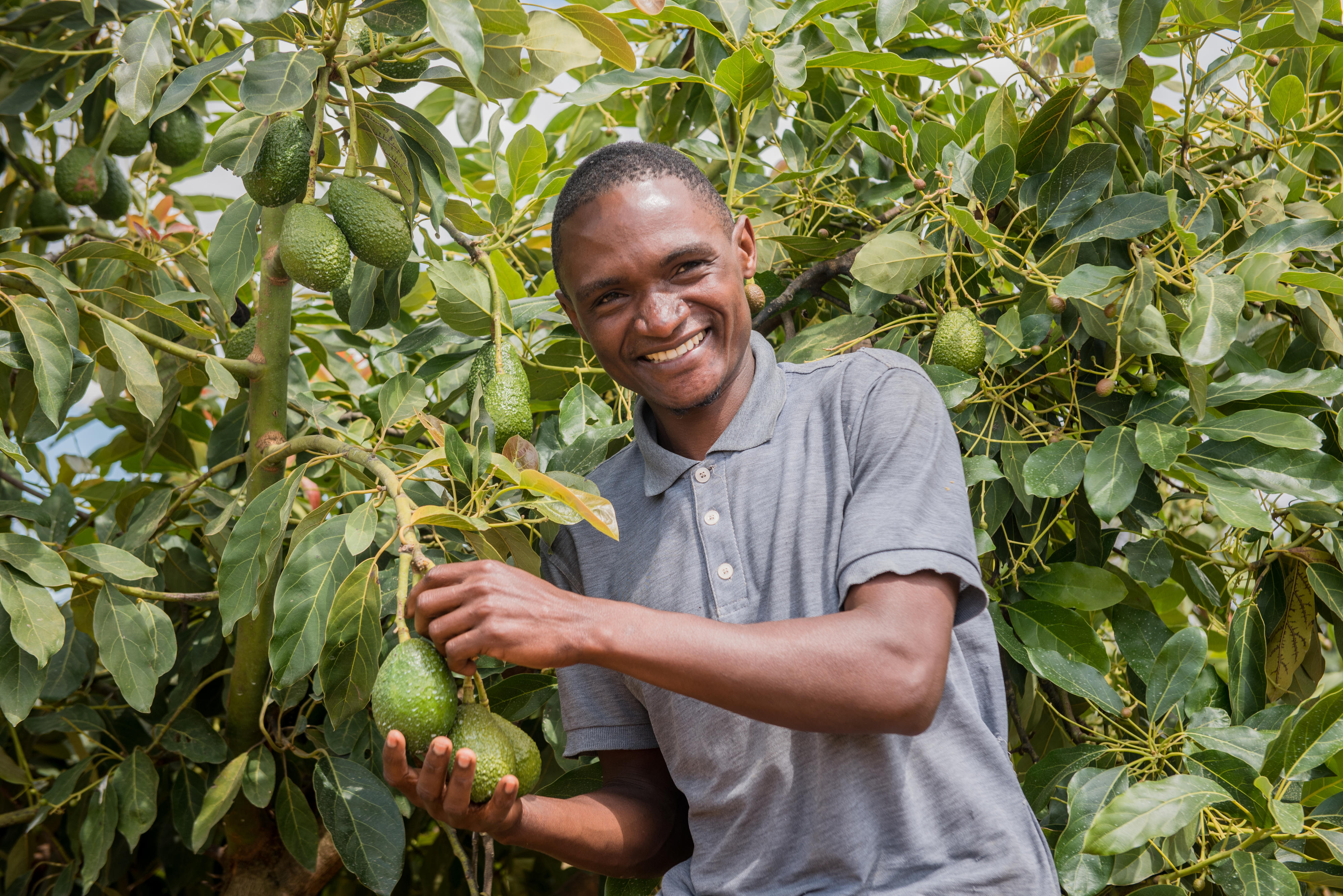‘Mwana’ an inspiration to young, hardworking Africans

Youth is green.
Youth is us; the future of our Earth.
Over a month ago I wrote about our London-based young Tanzanian writer. Back then the journalistic angle was she was the great granddaughter of the late Kiswahili icon, Shaaban Robert. That she was launching her new book and showcasing Tanzanian talent online via Zoom and the Tanzanite brand.
It was Black History Month which is held in October every year in the UK since 1987. Celebrated equally in the USA, Canada and the Netherlands, BHM aims at glorifying achievements and struggles of black people globally. So by writing about Jackline Waziri, granddaughter of former Mwalimu Nyerere cabinet Minister and diplomat Waziri Juma, we were just touching the surface.
Throughout the history of media we have seen children of the well-known being given a platform and beneath their feet, armpits, skirts and socks, nothing of substance. Wanawapa ujiko kwa vile watoto wa vigogo, as the Kiswahili expression goes.
In some African countries, the offspring of former rulers have always taken the mantle of their departed, crooked and vile parents. Most times it was to continue stealing and plundering riches of our struggling nations. Sad.
Jackline Waziri, on the contrary, says in her long heartfelt acknowledgement opening her new book Mwana: “I would like to thank my Great Grandfather, Shaaban bin Robert, for the true inherent gift of poetry that flows in my veins through his source...”
The appreciation to her maternal babu is not on empty words. Mwana is written with a the zest of a 27-year-old mother of one, determined and blowing kisses of connections.
Both mama and baba show grattitude to parents who she barely recalls, who passed on while she was still little.
Her poetic reply: “Mother is Mother face of earth, heart of a lion...” and of baba: “...preferred chai ya rangi...and fed me full.”
Parents and family acknowledged. Then her mother country. Mafere Street in Kinondoni where she was left as a seven-year-old and “hopes to find her soul again.” (Saba poem), then “Dar es Salaam” which “can cross me back...” or Tanga, “jumping with hopes over the kamba rope, full of laughter.” By now we see a book filled with publicising and projecting Tanzania to the world’s eyes. An historical nation : “Body of Kingdom civilisation, Darkness shining...”
The word “shining” is symbolic if we understand what Tanzanite means. A rare mineral deposit only encountered in the biggest East African nation. And from there the green author lurches to the continent.
LET US MAKE AFRICA BLACK AGAIN a poem, sarcastically chopped, from recent defeated American ex-President Donald Trump. His motto was to make the USA laugh again. We shall never know. But with Jackline Waziri’s poem she whispers:
“Marry our own queens, Give them our seeds. Water them together with our education, our leadership, our philosophy to Kings and Queens allowing OURS to continue to build our economy...”
This is a child that has grown beyond Kinondoni, Tanga and Tanzanite. There is a tribute to the June 2020, cold blooded slaying of African American George Floyd and comments about Covid-19. Only 24 poems but all with a sizzling continuous, persistent message.
Mwana, a small, concisely crafted work looks like a hot dart thrown from a street in Kinondoni all the way to London and beyond.
Why make a noise about such a tiny book?
Number one, it is easy reading. Number two, it is a microcosm of a young African woman telling in simple verse where she came from and where she is going. From the loss of parents to gaining awareness of space on the global map.
The irony is not many young Tanzanians read these days. This is a paradox let alone the fact that books written in English are a “No Go Zone” for the majority of the kizazi kipya, chewing on Kiswanglish and semi illeteracy. When quizzed on that the Shaaban Robert predecessor did not even flinch.
“My stories in Mwana are for every little girl and every little boy that is African – black...as well as our leaders, mentors and community, they will be able to identify with at least one of my voices shared.”
Then prophetically, adds, as if caressing the shining funeral flowers of her departed ancestors : “ My thirst to write in my mother tongue Kiswahili, is my dream, one day I will.”
Earnestly?
Jackline Waziri is not bothered by lack of readers. She will keep up. SO FAR? She has launched a monthly international Tanzanite event showcasing Tanzanian talents and business. Next one is due Friday 20th November, via Zoom.
And that is why it is worth publicising this kind of effort. Not the type of depressing news making our times dreary and gloom. Work and more hard work ethic. Mwana is available via www.jacklinewaziri.com/





